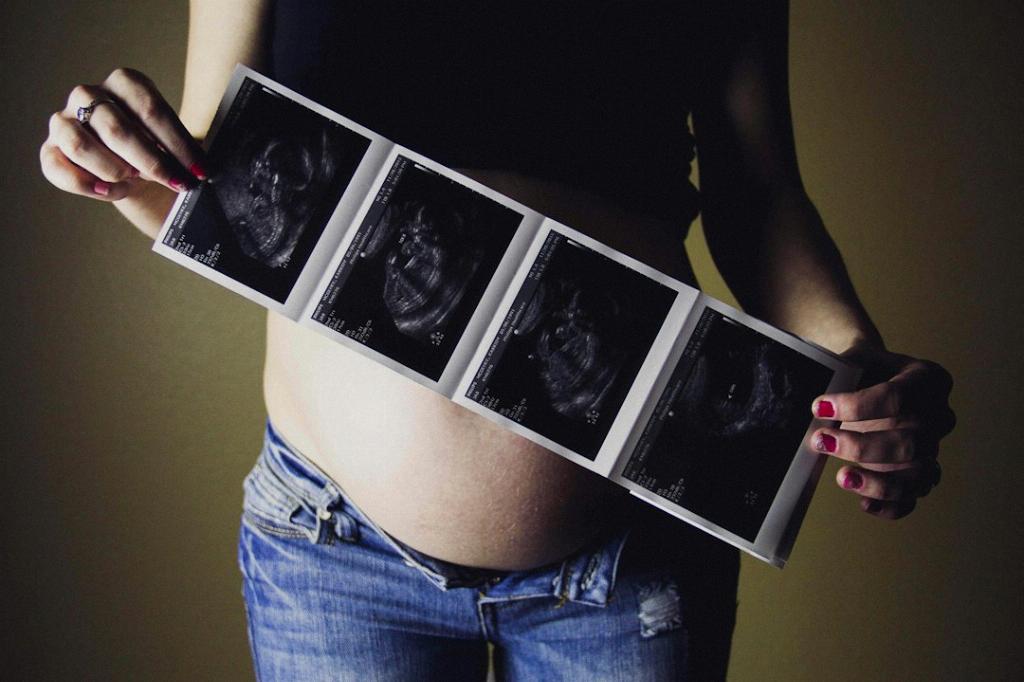Upon hearing the phrase “barefoot, pregnant in the kitchen,” one may wonder about its origin and implications. This expression is steeped in historical context, reflecting societal attitudes towards women and their roles within the domestic sphere. To unpack the meaning behind this phrase, it is essential to delve into the historical context in which it emerged.
Historical Context of Women’s Roles
Throughout history, women have often been confined to traditional roles within the household. The phrase “barefoot, pregnant in the kitchen” encapsulates the restrictive and reductive nature of these roles, portraying women primarily as homemakers and mothers. This concept reinforces the idea that women’s primary duties revolve around domestic tasks and caregiving responsibilities.
Symbolism of Being Barefoot
The mention of being “barefoot” in this phrase symbolizes a sense of vulnerability and confinement. Historically, barefoot women were associated with being limited in mobility and autonomy, further emphasizing the constraints placed on women within societal expectations.
Implications of Pregnancy
The inclusion of “pregnant” in the phrase highlights the expectation for women to bear children as a central aspect of their identity and value. Pregnancy is often portrayed as the ultimate fulfillment of a woman’s role, reinforcing traditional gender norms and expectations.
The Kitchen as a Symbolic Space
Within the context of the phrase, the “kitchen” serves as a symbolic space representing the domestic sphere and women’s perceived place within it. The kitchen, traditionally associated with cooking and nurturing, reinforces the idea of women’s roles as caregivers and homemakers.
Gender Stereotypes and Expectations
By evoking the image of a woman who is barefoot, pregnant, and confined to the kitchen, this phrase perpetuates gender stereotypes and reinforces societal expectations regarding women’s roles. It reflects a narrow and limiting view of women’s capabilities and potential beyond domestic duties.
Challenging Traditional Narratives
In modern times, there has been a significant push to challenge and deconstruct traditional narratives surrounding women’s roles. The phrase “barefoot, pregnant in the kitchen” serves as a stark reminder of the historical limitations placed on women and the ongoing work towards gender equality and empowerment.
Empowerment and Agency
Empowering women to have agency over their lives and choices is essential in dismantling outdated stereotypes and expectations. By embracing diversity and inclusivity, we can create a more equitable society where women are valued for their contributions beyond traditional gender norms.
Changing Perceptions and Attitudes
Changing perceptions and attitudes towards gender roles requires a collective effort to challenge ingrained biases and stereotypes. By promoting gender equality and fostering opportunities for women to thrive in various fields, we can move towards a more inclusive and progressive society.
Reclaiming Identity and Autonomy
Reclaiming women’s identity and autonomy involves recognizing and celebrating the multifaceted abilities and talents that women possess. By acknowledging the diverse roles that women can occupy and supporting their aspirations, we can break free from limiting stereotypes and expectations.
Conclusion
Overall, the phrase “barefoot, pregnant in the kitchen” encapsulates historical attitudes towards women and their roles within society. By understanding the underlying implications of this expression, we can work towards challenging traditional narratives and promoting gender equality and empowerment for all.

